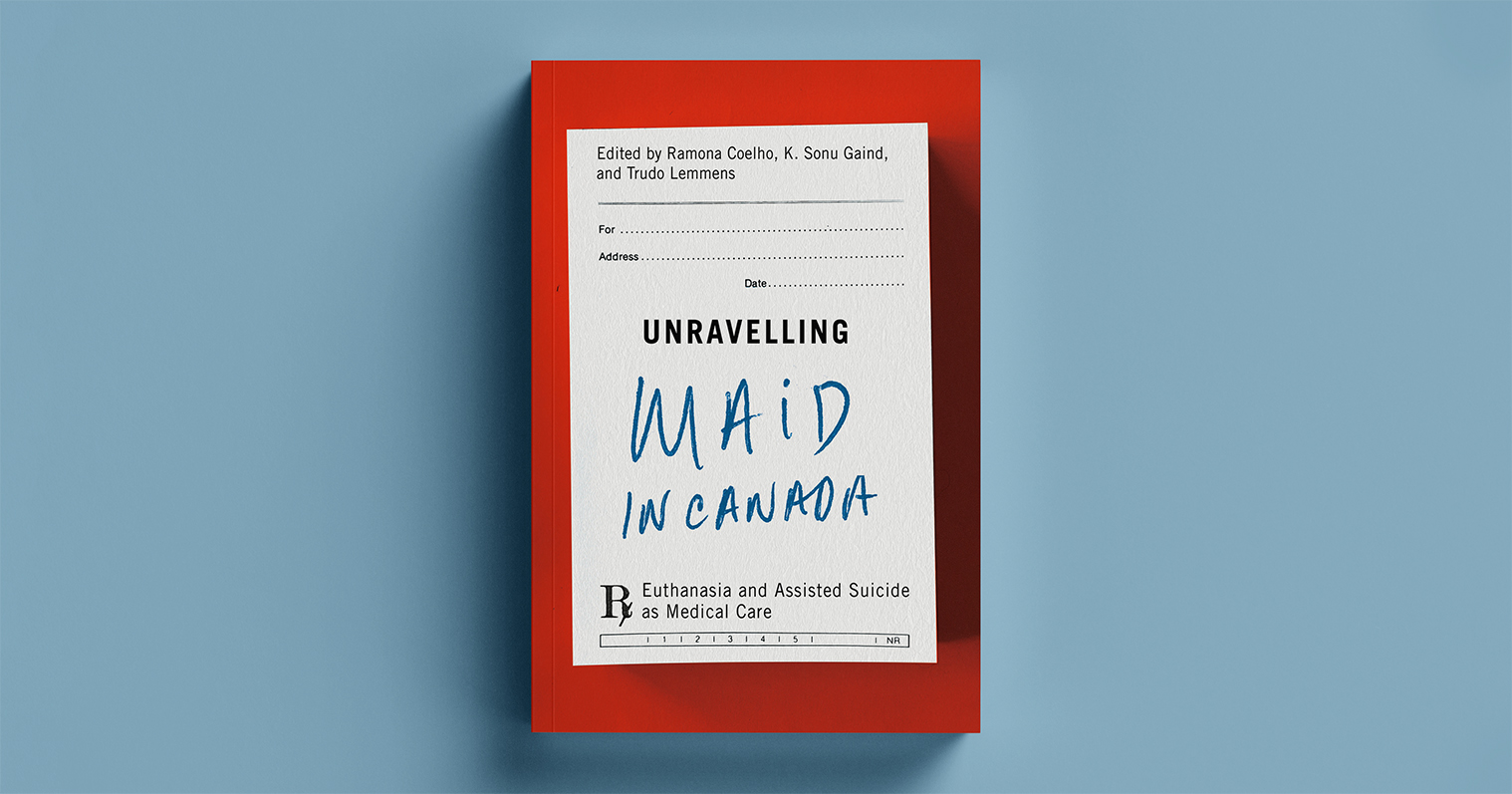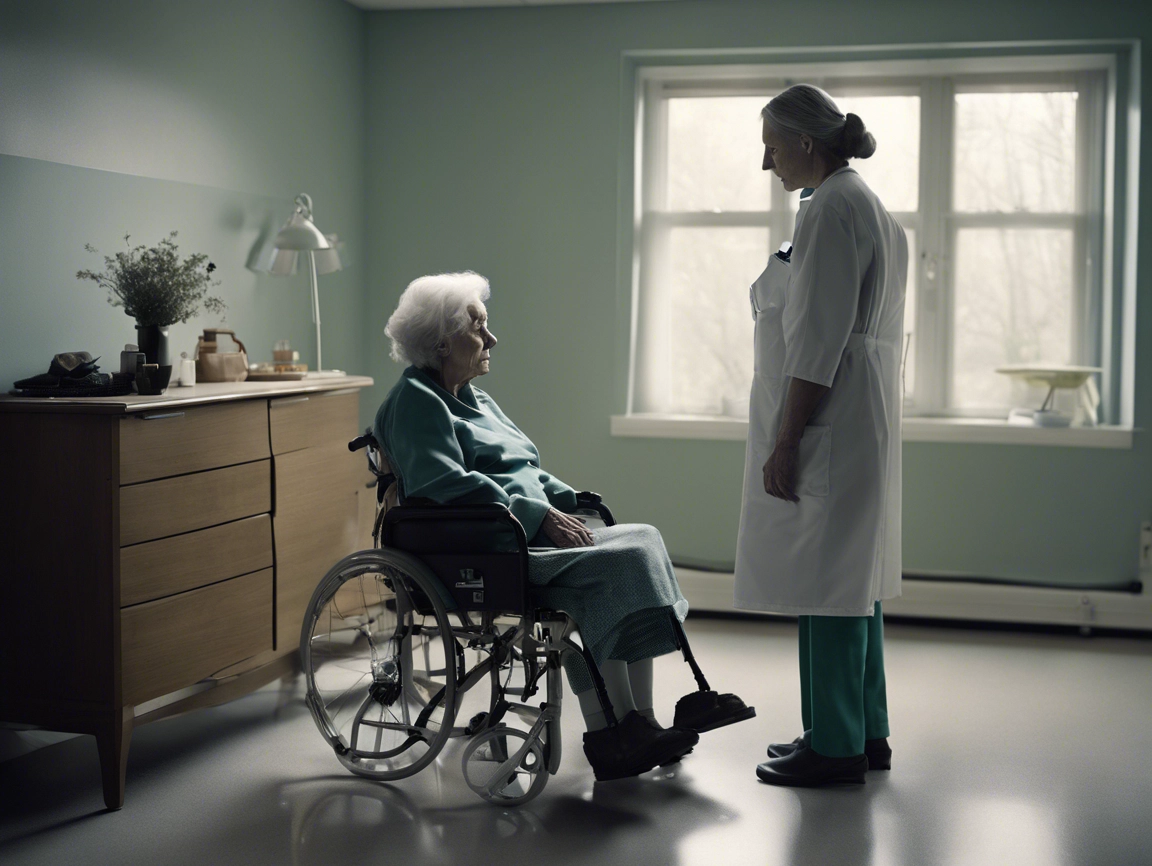In the year since euthanasia became legal, we have witnessed a powerful political push to normalize it as part of medicine in Canada. Yet many doctors remain opposed to the practice. Most would like to see it rigorously limited. And some, for reasons of personal and/or professional conscience, refuse categorically to be part of it.
Unfortunately, our politicians have made it perfectly clear that they intend to ignore the judgement of opposing doctors and to stifle their dissent. In fact, the worst of these politicians are to be found within our own profession.
Consider, as a case in point, the new (2015) College of Physicians and Surgeons of Ontario policy on doctors’ conscience rights.
This CPSO policy is identified as a mere “revised update”, but it actually bears little resemblance to the earlier version (2008).
And it is obvious why this is so: Without ever honestly mentioning euthanasia, assisted suicide, or even MAID, the new policy was designed from the start to facilitate a radical new Orwellian redefinition of “euthanasia”, from homicide to medical treatment. It effectively obliges all Ontario physicians and surgeons to participate in the euthanasia program.
In practical terms:
“Where physicians are unwilling to provide certain elements of care for reasons of conscience or religion, an effective referral to another health-care provider must be provided to the patient.”
This, of course, is the main sticking point for many doctors, who consider referring their patient to any agency of death to be an act just as abhorrent as performing the euthanasia themselves.
But “effective referral” is by no means all. There is also the “duty to inform”:
“Physicians must provide information about all clinical options that may be available or appropriate to meet patients’ clinical needs or concerns.”
“Physicians must not withhold information about the existence of any procedure or treatment because it conflicts with their conscience or religious beliefs.”
Please note the italics: The physician apparently has a duty to inform his patients of all options legally available even if they are inappropriate! And this obligation shall override any moral or professional convictions that physician might hold.
The violence of the obligation to “inform” goes even beyond that of “effective referral” itself. Every patient who fits the criteria for euthanasia must be subjected to the terrible stress and doubt of learning that he or she belongs to that select group of people for whom medically-inflicted death has become an option. And no objection of judgement or of conscience can free the doctor from delivering that terrible message and its implicit suggestion.
In Ontario, then, by proclamation of the CPSO, the doctor’s role is reduced to that of an automatic vending machine which simply displays state-mandated euthanasia options and passively offers corresponding buttons for the patient to push.
Obviously, the scope and impact of such a policy is astounding. Professional judgement is the bedrock of medical practice. Freedom of conscience is the underpinning for our entire system of secular democracy. Both are set aside. The scale of the emergency must be colossal to require such draconian measures!
But, of course, there is no such urgency.
Let us remember that the original euthanasia program was sold to us as an imperative response to a hypothetical terminally ill patient in unbearable and untreatable pain. Let us recall how that extreme, no, that virtually mythical case, was leveraged into all of the totally unrelated deaths that we now apprehend. Once again, a similar strategy is at work. This time, the absolute need for all doctors to promote euthanasia (all the time and to all of their most vulnerable patients), is presented as a required response to the hypothetical possibility of even one patient, desirous to die, but who is frustrated in her wish.
We are asked to believe that any real burden whatsoever, financial, professional, or moral, can be justified in the interest of allowing that one sacred voluntary death. It is a sort of grotesque inversion of the proposition that “no price is too high” provided that “only one child be saved…”. Which becomes in this case: “if only one person might die…”.
Other jurisdictions, no less respectable than Ontario have taken an opposite stance, and there is no evidence that anybody has suffered or will suffer.
Manitoba is in the process of explicitly recognizing the right of non-participation and non-referral of all health professionals and others working in health care. Major hospitals in Winnipeg have announced their refusal to euthanize patients.
In the State of Vermont a judicial battle over similar issues has resulted in an unambiguous victory for doctors’ rights.
And in Ontario, a group of dedicated and courageous doctors launched a court challenge in defense of doctors’ conscience, which was heard June 13-15, 2017.
That judgement will be rendered later this year. Let’s hope our courts get it right this time!
But regardless of that outcome, regardless of the timeframe, and regardless of expense; regardless of the legislative efforts that may ultimately be required: This authoritarian policy of the College of Physicians and Surgeons of Ontario is neither necessary nor justified. It is not desirable. It is not even reasonably defensible. It is extreme. And it is irrational. Above all, it is profoundly harmful to individual doctors and patients and to the whole medical profession. It constitutes both an injustice and an embarrassment which cannot be allowed to stand.


